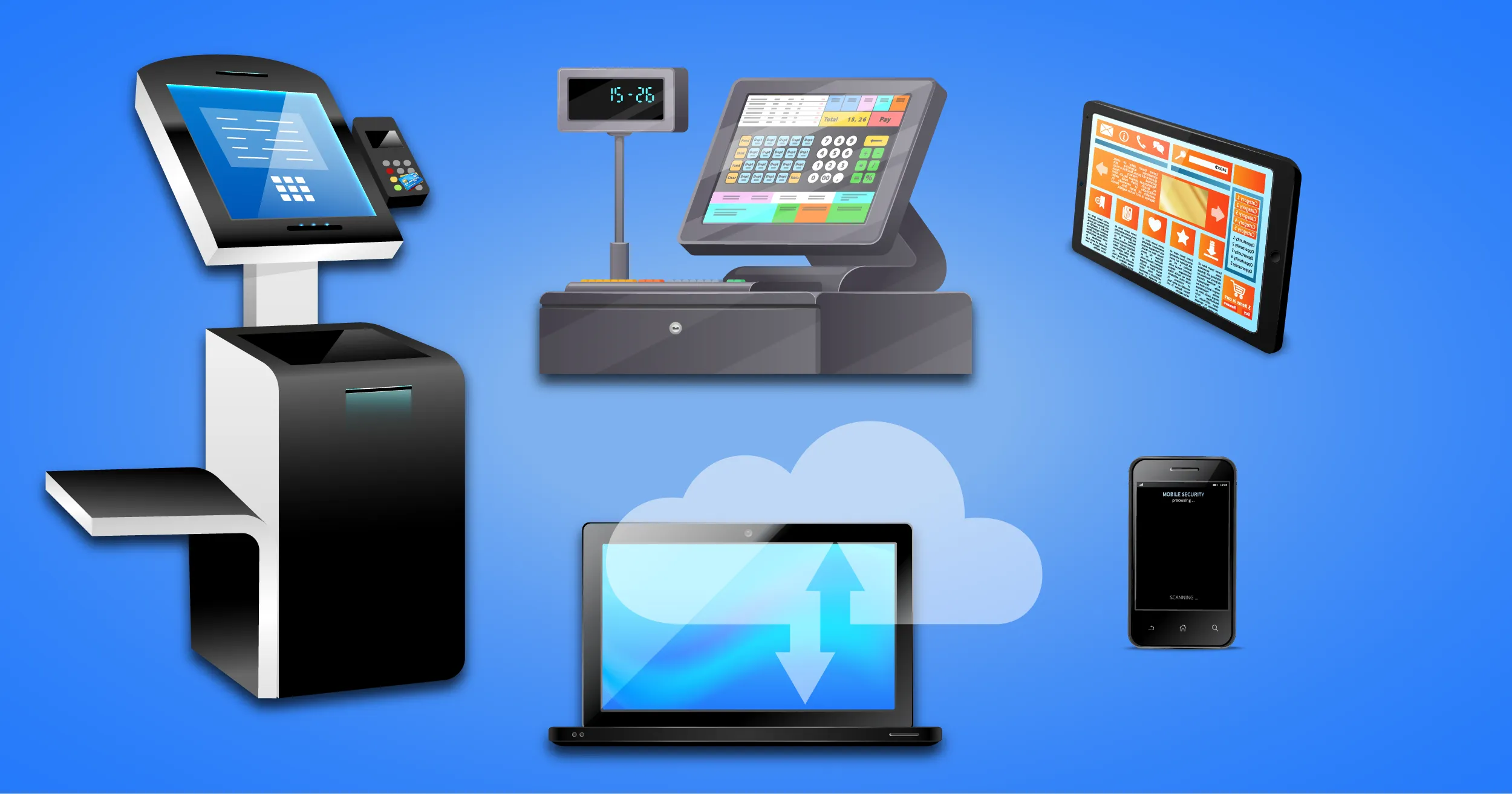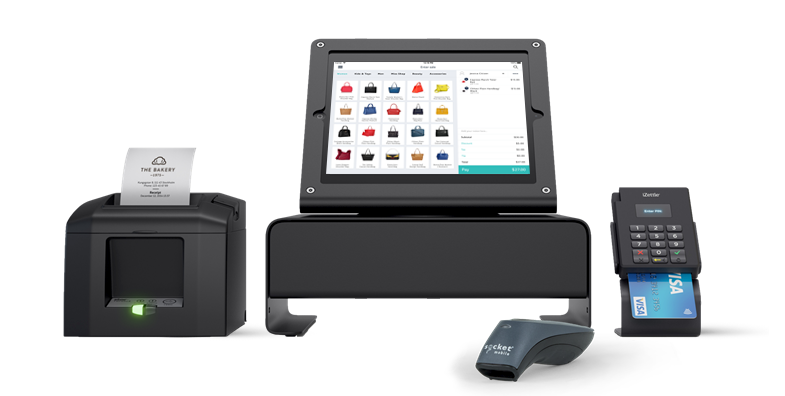Meeting 2024 Compliance Standards with POS Systems

As we step into 2024, businesses face a rapidly evolving regulatory landscape. From data privacy laws to financial reporting requirements, compliance standards are becoming increasingly stringent across industries. For retail, hospitality, and other sectors reliant on point-of-sale (POS) systems, staying compliant isn’t just about avoiding penalties—it’s about maintaining customer trust and operational efficiency.
POS systems have become the backbone of modern businesses, handling transactions, inventory, employee management, and more. They also play a critical role in compliance by ensuring accurate records, safeguarding data, and adhering to industry-specific regulations. In this blog, we’ll explore how POS systems can help businesses meet 2024 compliance standards and why it’s essential to invest in the right technology.
The Importance of Compliance in 2024
Compliance is no longer optional in today’s business environment. Failing to meet standards can lead to significant penalties, reputational damage, and even business closure. In 2024, some of the most pressing compliance concerns include:
- Data Protection: Regulations like the GDPR, CCPA, and other privacy laws require businesses to protect customer data.
- Tax and Financial Reporting: Governments are enforcing stricter rules around accurate reporting of sales and taxes.
- Labor Laws: Regulations governing employee wages, hours, and benefits are increasingly scrutinized.
- Payment Security Standards: Compliance with PCI DSS (Payment Card Industry Data Security Standard) is crucial for businesses accepting card payments.
- Health and Safety Regulations: Especially important in the food and beverage industry, where proper record-keeping ensures adherence to hygiene standards.
A robust POS system designed with compliance in mind can help businesses navigate these challenges efficiently.
How POS Systems Help Achieve Compliance
1. Ensuring Accurate Financial Records
One of the foundational compliance requirements is accurate financial reporting. Modern POS systems automate the tracking of sales, taxes, and refunds, minimizing the risk of human error. Detailed records generated by the POS system can streamline audits and ensure that businesses meet tax obligations.
For example, systems that integrate with accounting software can provide real-time data synchronization, ensuring that financial reports are always up-to-date and compliant with local tax laws.
2. Meeting Data Privacy Standards
Data privacy remains a top priority in 2024. POS systems equipped with advanced encryption and tokenization protect customer payment details from cyber threats. Compliance with laws like GDPR and CCPA requires businesses to collect, store, and process customer data responsibly, and many modern POS solutions include features to support these requirements.
Additionally, cloud-based POS systems often come with built-in security protocols, ensuring compliance with data storage and access regulations.
3. Adhering to PCI DSS Requirements
If your business accepts card payments, compliance with PCI DSS is non-negotiable. POS systems play a critical role by ensuring secure payment processing. Look for systems that:
- Encrypt cardholder data during transactions.
- Regularly update security patches.
- Provide multi-factor authentication for system access.
By meeting these standards, businesses can avoid hefty fines and build customer confidence.
4. Supporting Labor Law Compliance
For businesses managing hourly employees, labor law compliance is a major concern. POS systems with integrated employee management tools can track hours worked, calculate overtime, and ensure compliance with minimum wage laws.
In 2024, features like digital timecards and automated payroll reports are invaluable for meeting regulations and avoiding disputes.
5. Enhancing Food Safety Compliance
For restaurants and other food-service businesses, compliance with health and safety standards is critical. POS systems with inventory tracking can monitor expiration dates and ingredient usage, helping businesses adhere to food safety laws.
Furthermore, digital record-keeping simplifies inspections and ensures that businesses are always ready to provide required documentation.
Features to Look for in a Compliance-Friendly POS System
To meet 2024 compliance standards, businesses should invest in a POS system with the following features:
- Secure Payment Processing: PCI DSS-compliant payment solutions.
- Automated Tax Calculation: Real-time updates to tax rates and reporting.
- Data Encryption: Protects customer and business data from breaches.
- Employee Management Tools: Tracks hours, wages, and compliance with labor laws.
- Customizable Reporting: Provides detailed reports tailored to specific compliance needs.
- Cloud Integration: Ensures secure data backup and access from anywhere.
Preparing for 2024: Steps to Take
- Evaluate Your Current POS System: Assess whether your system supports the latest compliance requirements.
- Train Your Staff: Ensure employees understand how to use the POS system to maintain compliance.
- Partner with a Reputable Provider: Work with vendors who prioritize compliance and offer regular system updates.
- Conduct Regular Audits: Use your POS system’s reporting features to identify and address potential compliance gaps.
Conclusion
In 2024, staying ahead of compliance standards is not just about avoiding fines—it’s about running a smarter, more efficient business. By leveraging the capabilities of modern POS systems, businesses can simplify compliance, protect customer trust, and focus on growth.
The key is to choose a POS system that aligns with your industry’s needs and regulatory requirements. With the right technology in place, navigating the complexities of compliance can become a seamless part of your daily operations. If you’re unsure whether your current system is up to par, now is the time to evaluate and invest in a solution that will keep you compliant and competitive.






